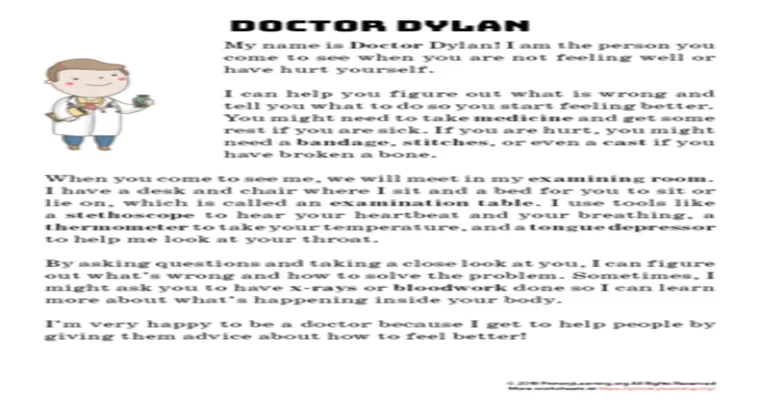When you notice "changes in comprehension" or cognitive abilities in your mom, it can be a concerning and confusing time. It is crucial to communicate effectively with her healthcare provider to ensure she receives the necessary evaluation and support. This article will guide you on what to say to the doctor regarding your mom's "cognitive changes", helping you articulate your concerns clearly and effectively.
First and foremost, it is essential to prepare for the doctor's appointment. Make a list of observed changes in your mom's "mental clarity", such as difficulty understanding conversations, forgetting recent events, or struggling with simple tasks. Documenting specific instances will provide the doctor with a clearer picture of the situation. For example, you might say, "I've noticed that Mom has been repeating questions she just asked or has trouble following along during family discussions."
Next, it is important to discuss the frequency and duration of these changes. Mention whether these "cognitive issues" are consistent or sporadic. This information can help the doctor determine whether the changes are part of a normal aging process or if they warrant further investigation. You might mention, "These changes seem to have started about three months ago and have progressively worsened."
Don't hesitate to address any additional symptoms that may accompany her comprehension difficulties. Symptoms such as "mood changes", increased confusion, or withdrawal from social activities can provide valuable context for the doctor. You could say, "In addition to her comprehension issues, I've noticed that Mom has been more withdrawn and often appears frustrated during conversations."
If there is a family history of cognitive decline or dementia, it's important to share this information with the doctor. Genetic factors can play a significant role in "cognitive health", and the doctor may want to consider this information when evaluating your mom. You might express this by saying, "Our family has a history of Alzheimer’s disease, which makes me concerned about her current symptoms."
Finally, be open to the doctor's recommendations for next steps. This could include "cognitive testing", referrals to specialists, or suggestions for lifestyle changes that may help improve cognitive function. It is beneficial to ask questions about the potential causes of her changes and what assessments might be needed. You can say, "What tests do you recommend to better understand what might be happening with Mom’s comprehension?"
In conclusion, approaching the doctor with clear observations and concerns about your mom's changes in comprehension is vital for her care. By preparing specific examples and being open about any family history and accompanying symptoms, you can help ensure that she receives the appropriate evaluation and support. Remember, early intervention can make a significant difference, so don't hesitate to advocate for your mom’s cognitive health.





